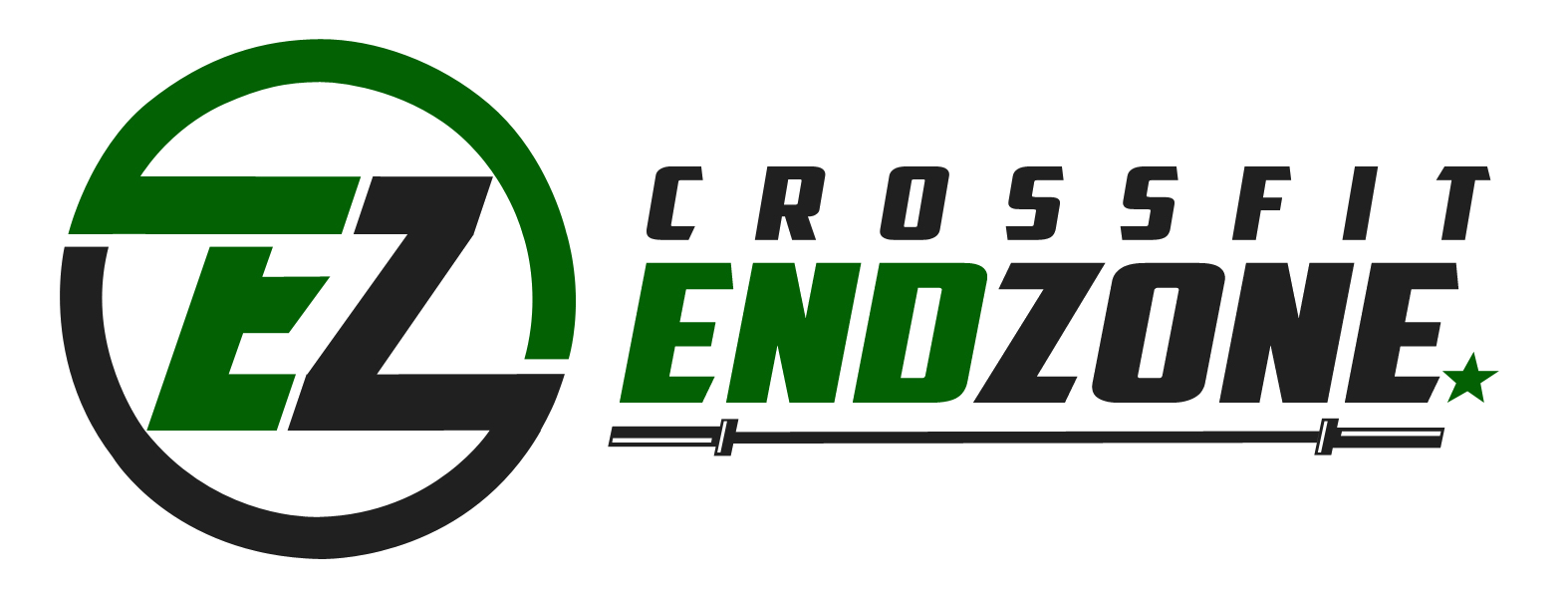Top 3 Reasons to Start a Workout Journal
--From Coach Drew
You walk into the gym on a heavy squat day ready to move mountains. You’ve got your belt, knee sleeves, and a blender bottle full of your favorite pre-workout with enough caffeine in your veins to hit Fran on repeat.
You partner up with a buddy and go through your warm up sets. Nervous system is ready, body is warm, and it’s time to lift!
You tell your partner to load 315# for a set of 5 reps.
Your partner questions back with “Have we done that for 5 before?”
You say , “Isn’t this what we worked up to last week?"
Your partner says, “I’m pretty sure we tried and failed on the 3rd rep.”
Now you’re second guessing yourself and your confidence is diminishing. The chances of success on this set have significantly dropped all because you’re shooting from the hip on loading weights. Starting a workout log can help you avoid scenarios like this one, among many others. Here are my top 3 reasons why you should start a workout log today.
1. Accurate Data
Having a workout log can provide you with an accurate record of what you’ve accomplished. It will always be your best reference for data. Even the athlete with the self-proclaimed best memory will make some mistakes in remembering details of every workout. Sure, you might remember your big, fat PR’s, but do you remember your best 1000 Meter Row? The log has your back on that one. Also a log should be more than just a number. Noting how you felt each day and giving yourself details around the day’s task can be very insightful. As much as I would love every day to be a PR Day - that’s unrealistic. So if you’re having an “off day” or things “feel heavy” there could be other factors involved and a number doesn’t tell the whole story. Be sure to write notes and reflect on all things that went into that training session - such as sleep, nutrition and it’s important to note where you are in your regular training schedule. Example: Is it your 3rd training day in a row?
2. Motivation
Looking back at past workouts or lifts and seeing improvement can be extremely motivating. You can look back a month or a year to see that you’re able to lift at higher percentages while shaving minutes off benchmark workouts. This is also a very rewarding aspect of training. In life, we don’t have many things that give us objective feedback the way training does. Every workout and/or lifting session is full of data about your personal journey through fitness. What’s more empowering than starting out not-so good at something and seeing progress with some sweat and hard work? Nothing.
3. Goal Setting
Your log can also have a focus on the future. You should dedicate some space to setting specific goals you want to achieve. As humans when we have a goal, we are typically more motivated. If your goal is just to come in the gym to stay in shape, great. Keep on doing what you are doing. If you are someone who wants their first muscle-up, you may want to come in early or stay late to get some extra practice. Writing these goals down and seeing them is the first step in accomplishing this goal. When we simply state we want a muscle-up in casual conversation with friends, it rarely leads to the work needed in order to succeed.
I’ve logged every workout dating back to January 2013 and it’s been a huge teaching tool for myself. The notes I write are the most valuable to me. It gives me a clear vision of what happened that day and is a great reference when I look back at comparing old lifts or workouts. It takes me no more than 5 minutes a day to complete my log. I personally use a spreadsheet on Google Drive but you can keep it old school and invest in a $2 notebook if that works for you.
Weightlifting legend Tommy Kono said it best 40 years ago: "The palest of ink is better than the clearest of memories."

